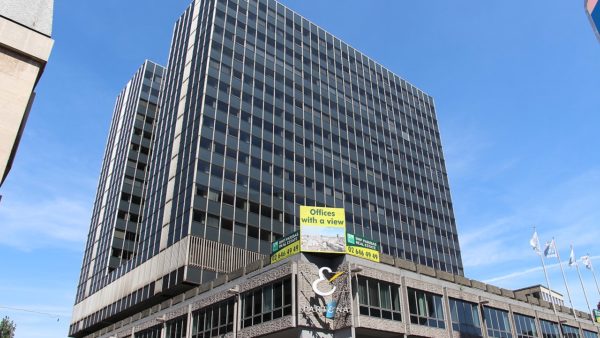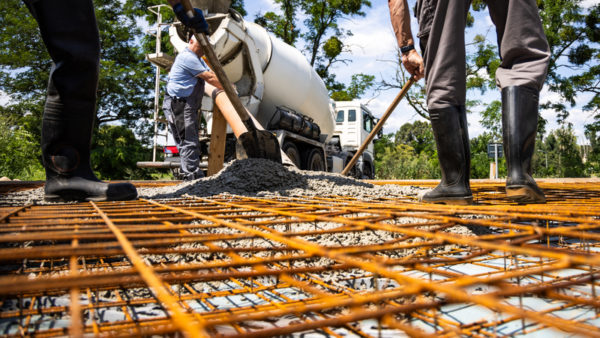A four-year study into Chinese construction and manufacturing firms’ employment practices in Africa suggests some of the bad press China gets on the continent is undeserved.
With Chinese firms dominating road construction in Ethiopia and Angola, there are perceptions that they don’t hire many domestic nationals, and treat those they do poorly.
But fieldwork carried out by University of London’s School of Oriental and African Studies (SOAS) in those two countries show the proportion of domestic nationals in the labour force is substantially higher than media portray.
In Ethiopia 90% of all workers were domestic nationals, rising to 100% in low-skilled jobs. In Angola, where rates are usually lower due to lack of skill, estimated rates were 74%.
Wages paid by Chinese firms were found to be broadly similar to other top firms in the same sectors, and Chinese firms contribute to training and skill development at least as much as other firms in the same sector, the report found.
“One of the common perceptions of Chinese firms working in Africa is that they do not employ locals, the working conditions are exploitative and that they don’t contribute to skills development,” said study leader Dr Carlos Oya, Reader in the Political Economy of Development.
“However our findings after four years of research have drawn up a very different picture. In Angola, for example, the firms employ some of the poorest where accommodation and food is provided, which in many ways can be seen as a route to actively help with poverty reduction in the region.”
Chinese contractors dominate the road construction market in both Ethiopia and Angola, and so have been the main contributors to job creation in absolute terms in this sector.
Last year Ethiopia set an ambitious target to double the length of its road network by 2020 from 2015 levels.Â

A car transporter in Ethiopia, which aims to double the length of its road network by 2020 (Ji-Elle/CC BY-SA 3.0)
Researchers compared take-home wages for workers, and found significant variations.
But the main determinants were not the nationality of the firms, but were instead the skill level of workers, length of job tenure, job experience, worker socio-economic status, and project or factory location.
Once all these factors are taken into account, the origin of a firm does not impact on wages on average, they found. Wages in sampled Chinese firms were broadly similar to other top firms in the same sectors, once other worker, sector and company characteristics are taken into account.
In Angola many Chinese firms provide food and accommodation for a largely migrant workforce from the south of the country, where employment opportunities are scarce.
That means these workers save more from their wages than workers employed in other firms, especially in Luanda, where living costs are high.
This, researchers concluded, may actively result in poverty reduction.
In Ethiopia, sampled Chinese firms contribute to training and skill development at least as much as other firms in the same sector, and in the manufacturing sector training is widespread and considered much more necessary by firms.
When it comes to labour relations the study found evidence that leading domestic firms are more accommodating to trade unions whereas foreign firms, including Chinese companies, are more reluctant to engage with unions.
Top image: Road construction workers in Angola. © Davide Scalenghe
Comments
Comments are closed.











I’d like to see a similar study on Chinese construction practices in Cambodia, particularly in Sihanoukville, where at least to the casual observer little is being done to alleviate the poverty of the locals. It looks more to me as if the Chinese have totally taken over the city, and as of yesterday it resembles a disaster zone. There must be at least 100 tower cranes on hotel and casino sites.
I would say flawed research – may not be the case in Ethiopia or Angola, as I have no experience there. But in Zimbabwe and Botswana, Chinese construction all but destroyed the local construction industries over the last 25 years. Tenders where Chinese bids were below the cost of the materials in the BQ – can only mean either state sponsorship, therefore unfair competition, or the fore knowledge that they will somehow increase their margins post award. Final project costs never published, so no accountability. Local support industries did not benefit from projects, e.g. even wheel barrows imported from China. Work permits issued to Chinese labour when local skills were available, common knowledge that Chinese prison labour was being utilised on projects.
Unfortunately, all comes down to a mix of politics and corruption of decision makers – which of course can never be proven.